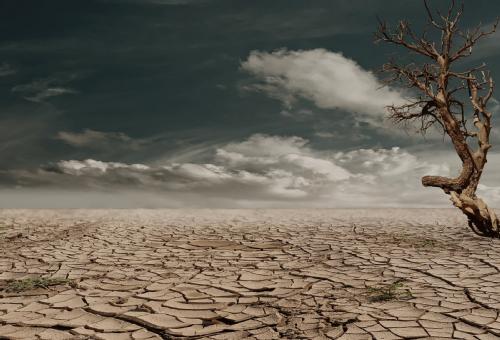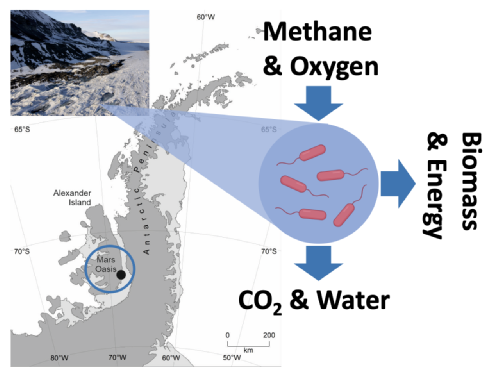Research News
Are you working on a related project? Does your research align with our themes? Get involved and join our research network today. Explore our research news archive .

Exploring Children's Literature and Knowledge of the Anthropocene
How do children learn about the ‘Anthropocene’ age? The aim of the project is to explore how Children’s Literature linked to exploring environmental challenges, is experienced by Primary School learners. It will ask, ‘what knowledge and opinions the children already bring to the reading of the texts; how the texts engage the children in ‘talk’ linked to the environment; and what impacts the texts had on the children? It is also in what conversations this kind of literature can spark and how it may contribute to the formation of agency within children to make a change and begin to move out of the ‘Anthropocene’.
Read in more detail about the study and its initial findings.


Rethinking Habitability in the Age of the Anthropocene
Bringing together literary and cultural studies, art and film studies, critical race theory, environmental humanities, and philosophy, this international conference explores how different cultural texts might facilitate our critical and political engagement with forms of violence and injustice that are global in nature and scope. Drawing connections between the concepts and practices of ‘global responsibility’ and ‘habitability’, the conference will discuss how different natural, social, and cultural forces shape the habitability of different environments on Earth, as well as our individual and collective responsibility for making the world not just habitable but also compatible with the flourishing of different beings.
Cultivating Atmospheric Methane Oxidising Bacteria in Antarctic Soil
Atmospheric methane oxidising bacteria (atmMOBs) are one of the biggest sinks for the greenhouse gas methane. They have the ability to live on the extremely low concentrations of methane found in the atmosphere. This makes them important in atmospheric processes linked to climate change, but also for answering fundamental questions of survival on the edge of energetic feasibility. However, most atmMOBs are only known from metagenomic studies. We have discovered an Antarctic soil rich in hitherto uncultivated putative atmMOBs. This project will assess the feasibility of enriching them with the goal of eventually bringing them into pure culture.
